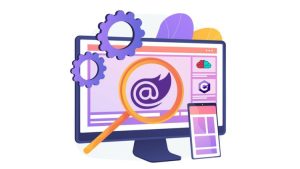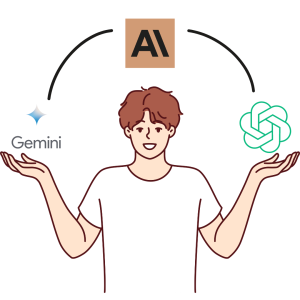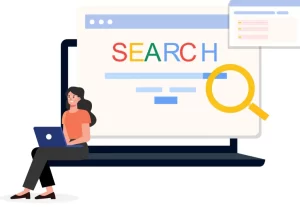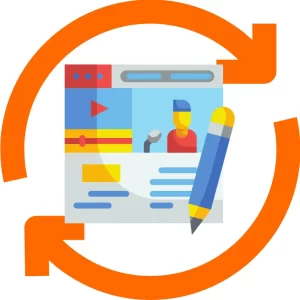WHAT WE HAVE TO SAY ABOUT MARKETING
THE WT DIGITAL AGENCY BLOG
Paid social media advertising has become an essential component of modern lead generation strategies. With billions of active users across platforms like Facebook and LinkedIn, businesses have an unprecedented opportunity to reach and engage with their target audiences. However, maximizing lead generation through these channels requires a strategic and streamlined approach to campaign setup, management,…
It’s a harsh reality: Around 98% of your website visitors leave without converting. That lost opportunity is significant, considering you paid to bring those potential customers to your site in the first place. But what if there was a way to stay top-of-mind and reel them back in? There is, and it’s called “retargeting”. What…
Was this article written by AI, a human, or both? Leveraging the latest advancements in language models has become a critical strategy for brands aiming to stay ahead. With the rise of Large Language Models (LLMs) such as ChatGPT, Claude, and Gemini, marketing managers are provided with powerful tools to enhance their strategies. However, the…
In the ever-evolving world of digital marketing, Google’s latest update, dubbed the “Hidden Gems” ranking system, has opened a new frontier for business owners aiming to boost their online visibility and engagement. This pivotal shift in Google’s algorithm is designed to surface more content from a diverse array of social media platforms such as Reddit…
In the digital marketing world, SEO campaigns aim to drive organic search results and “free” website traffic from Google and other search engines like Bing and Yahoo. SEO performance is largely determined by changes you make to your website, what your competitors are doing, and changes search engines make to their search result pages. Today,…
If there is one thing that remains static in our digital age, content is still king—but not all content wears the crown equally. With artificial intelligence (AI) tools making it easier than ever to generate content at scale, the digital landscape is teeming with articles, blogs, videos, and social media posts. However, not all content…
In the digital age, the creation and repurposing of content are pivotal for maintaining relevance and engagement. As search engines favor the freshness and relevance of content, updating old posts can significantly impact their ranking. Here’s how you can breathe new life into your content strategy: 1 Audit and Update Old Posts Conducting a comprehensive…
In 2018, we delved into how page speed influenced site ranking, highlighting its direct impact on SEO. Fast forward to 2024, the landscape has evolved. Google’s introduction of Core Web Vitals, a set of specific factors that Google considers important in a webpage’s overall user experience, has reshaped our understanding. However, it’s crucial to clarify…
In the digital age, online reviews are the lifeblood of any business, big or small. They not only enhance credibility but also play a crucial role in consumer decision-making. Simply put, they offer genuine, unfiltered perspectives that surpass the reach of any advertising effort. Online reviews are the contemporary form of word-of-mouth endorsement. Their impact…
READY TO TAKE YOUR MARKETING EFFORTS TO THE NEXT LEVEL?
Let's get together and discuss your ongoing marketing efforts and how the WT Digital Agency can help you increase results and ROI.









